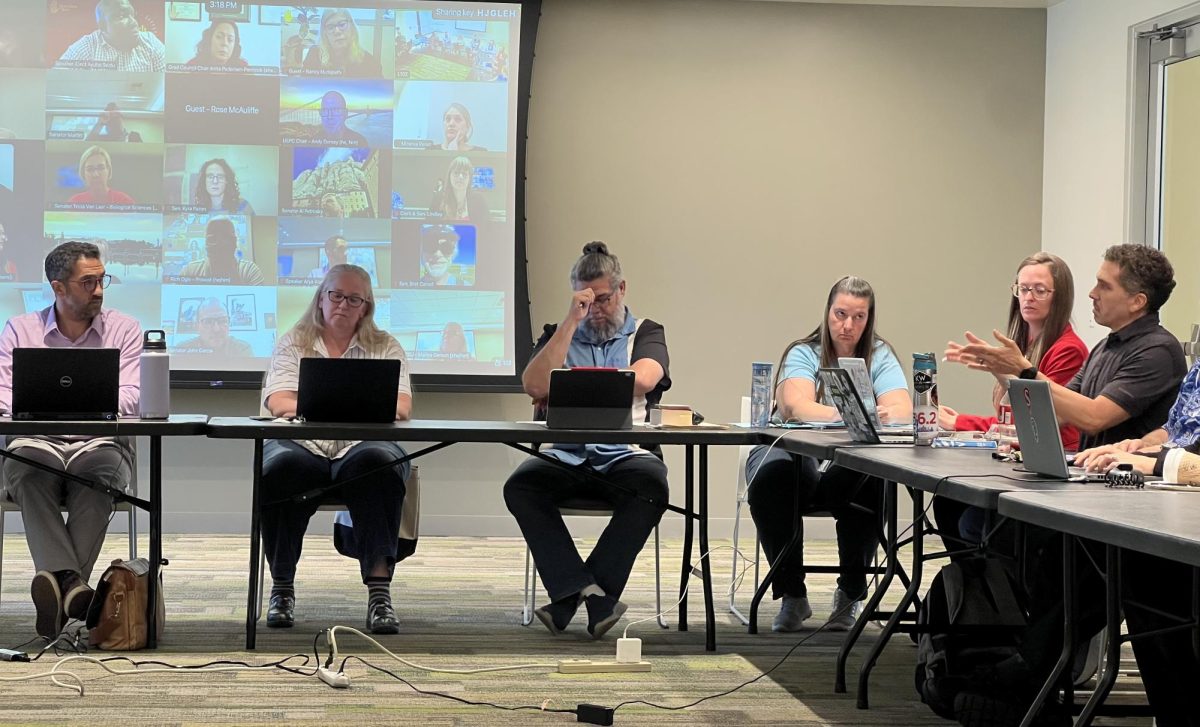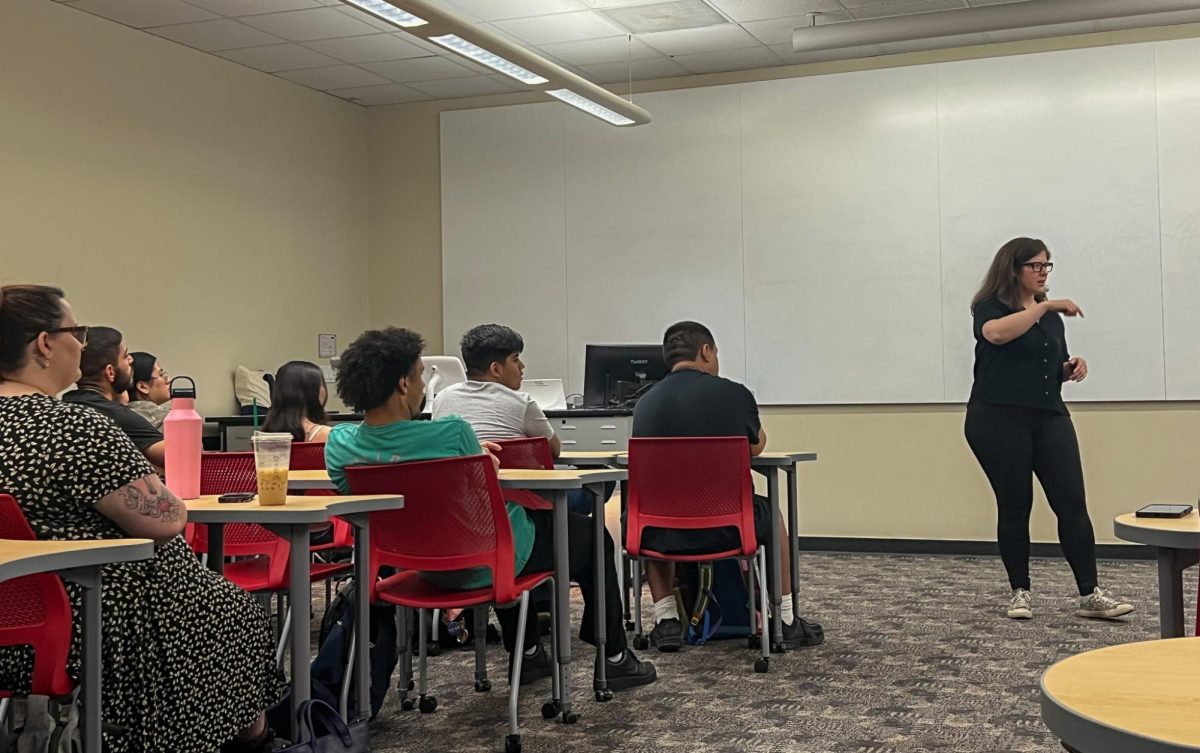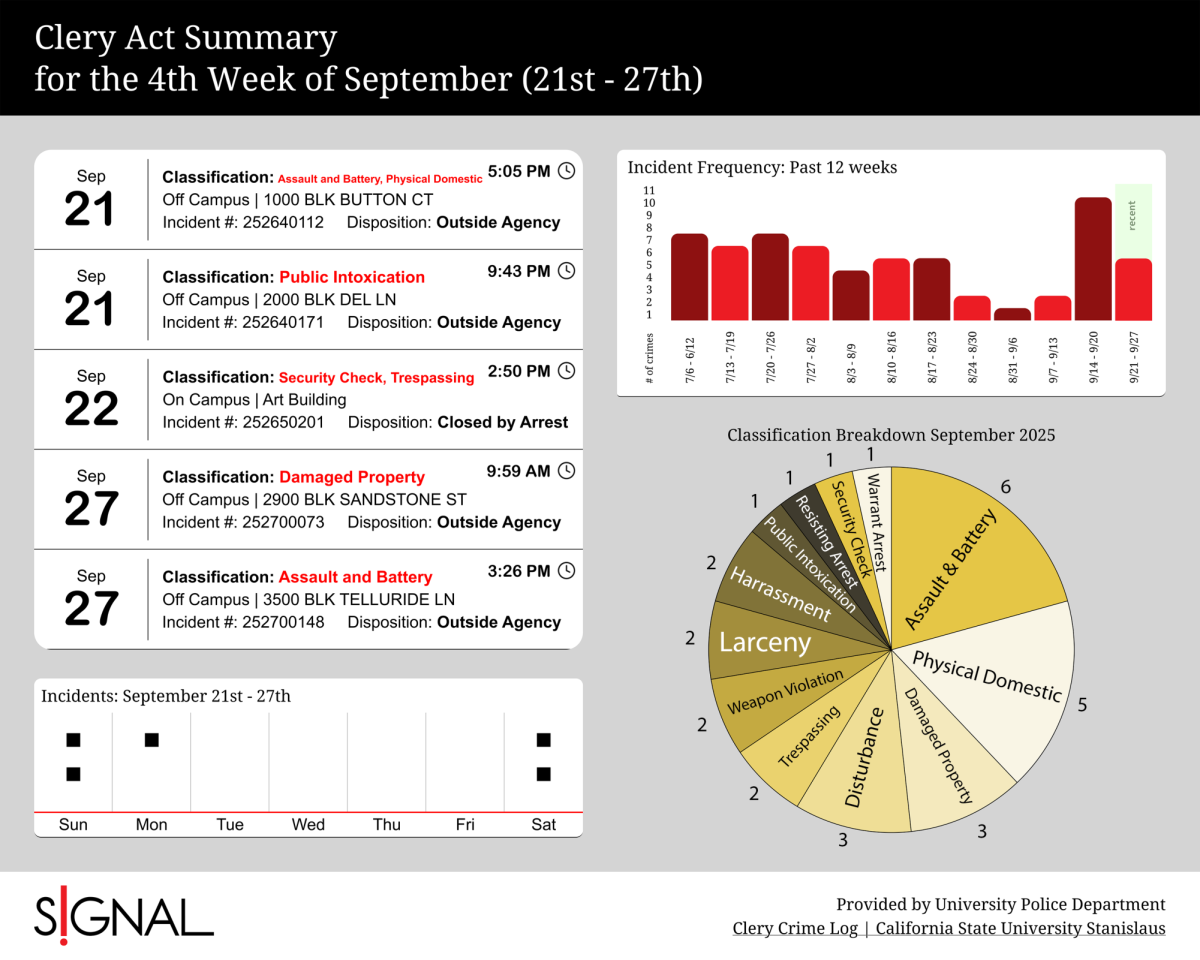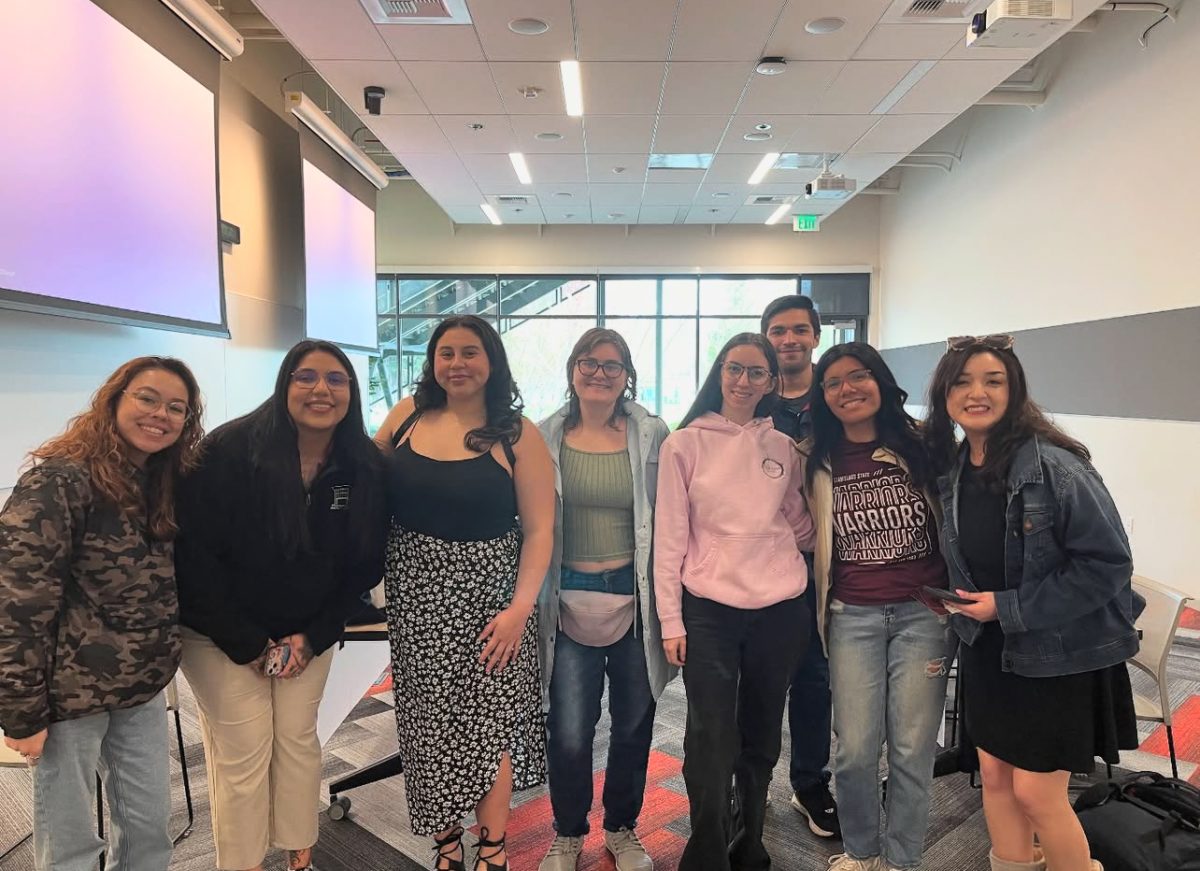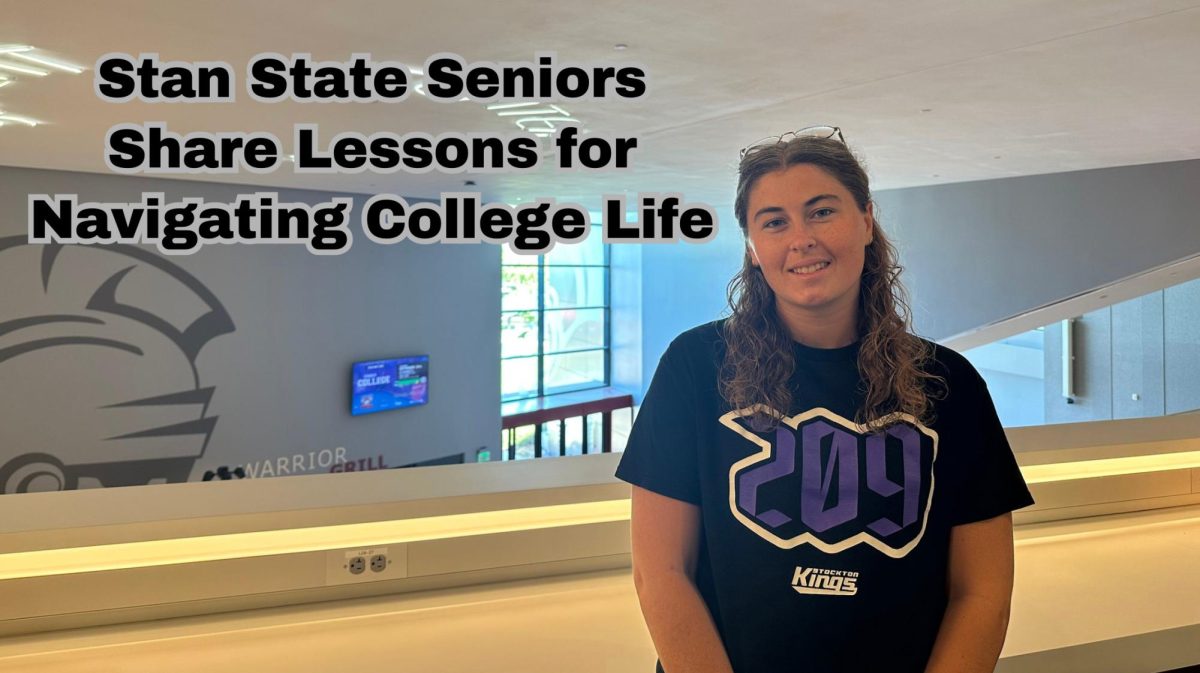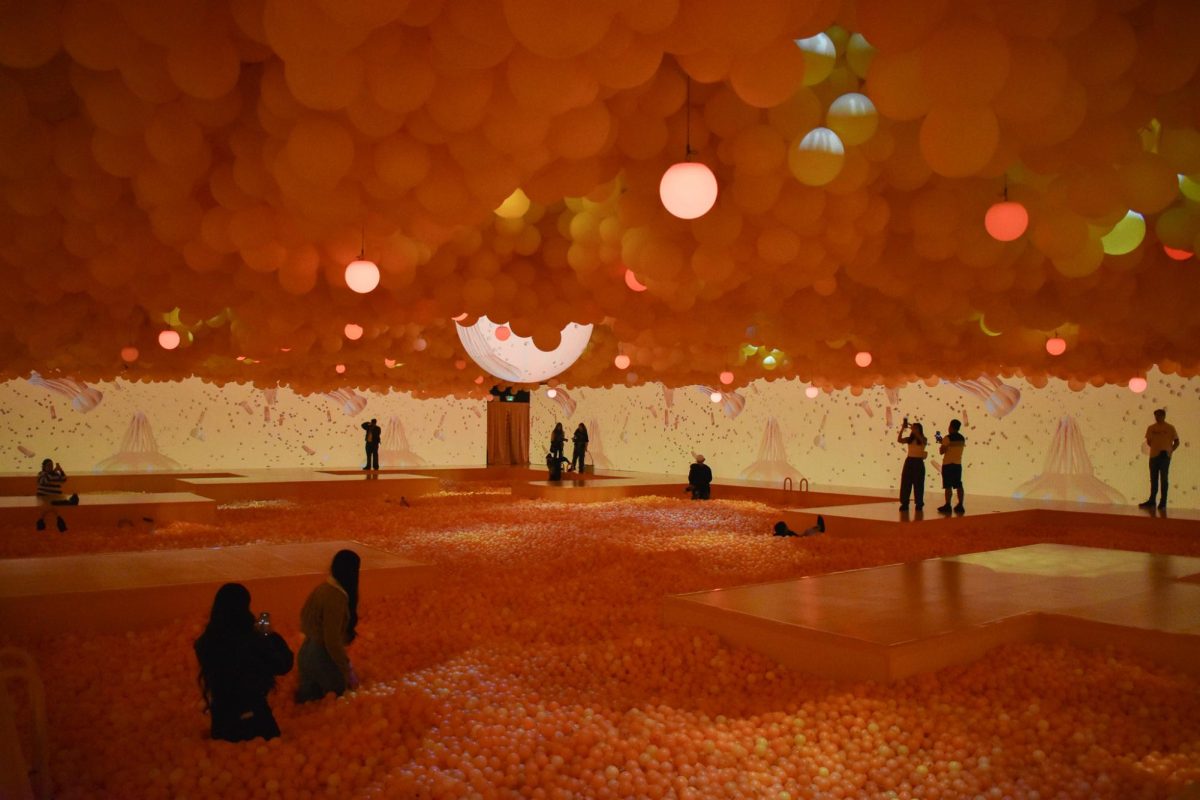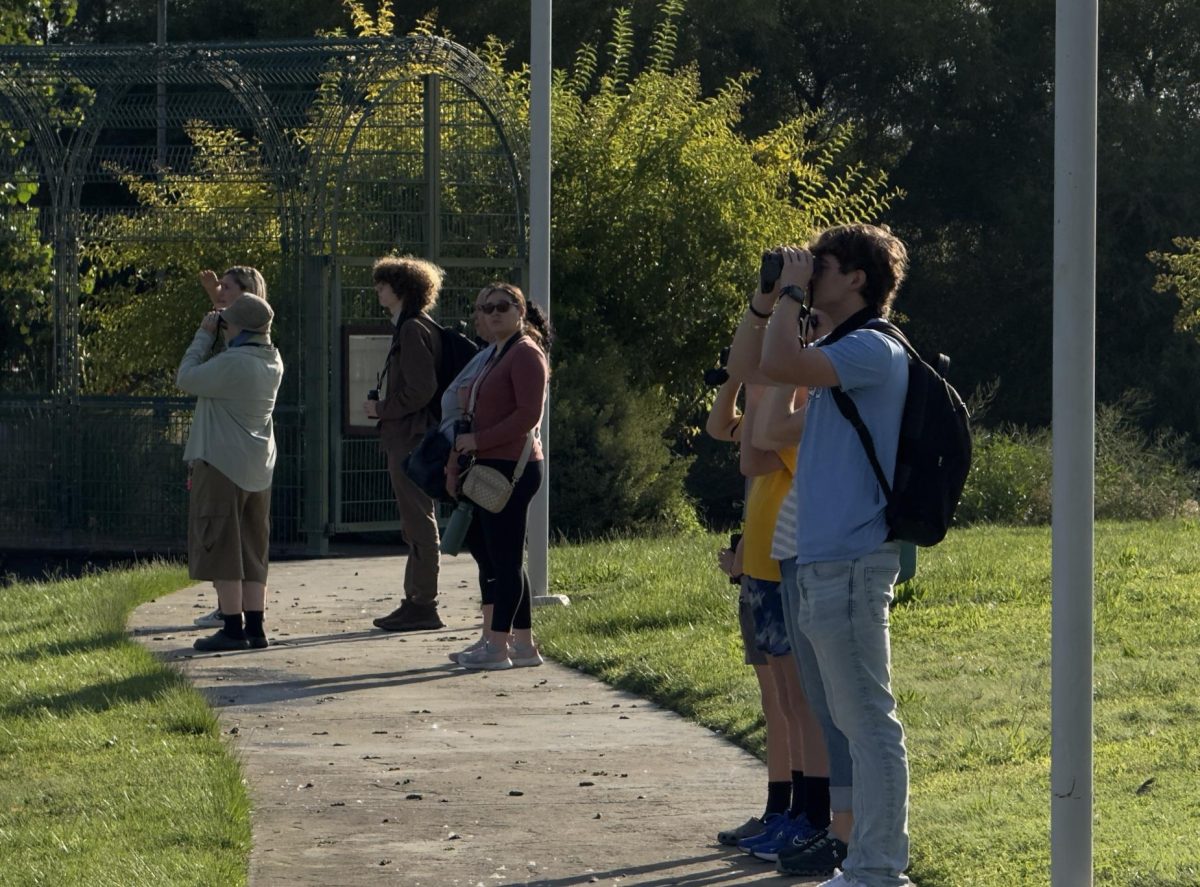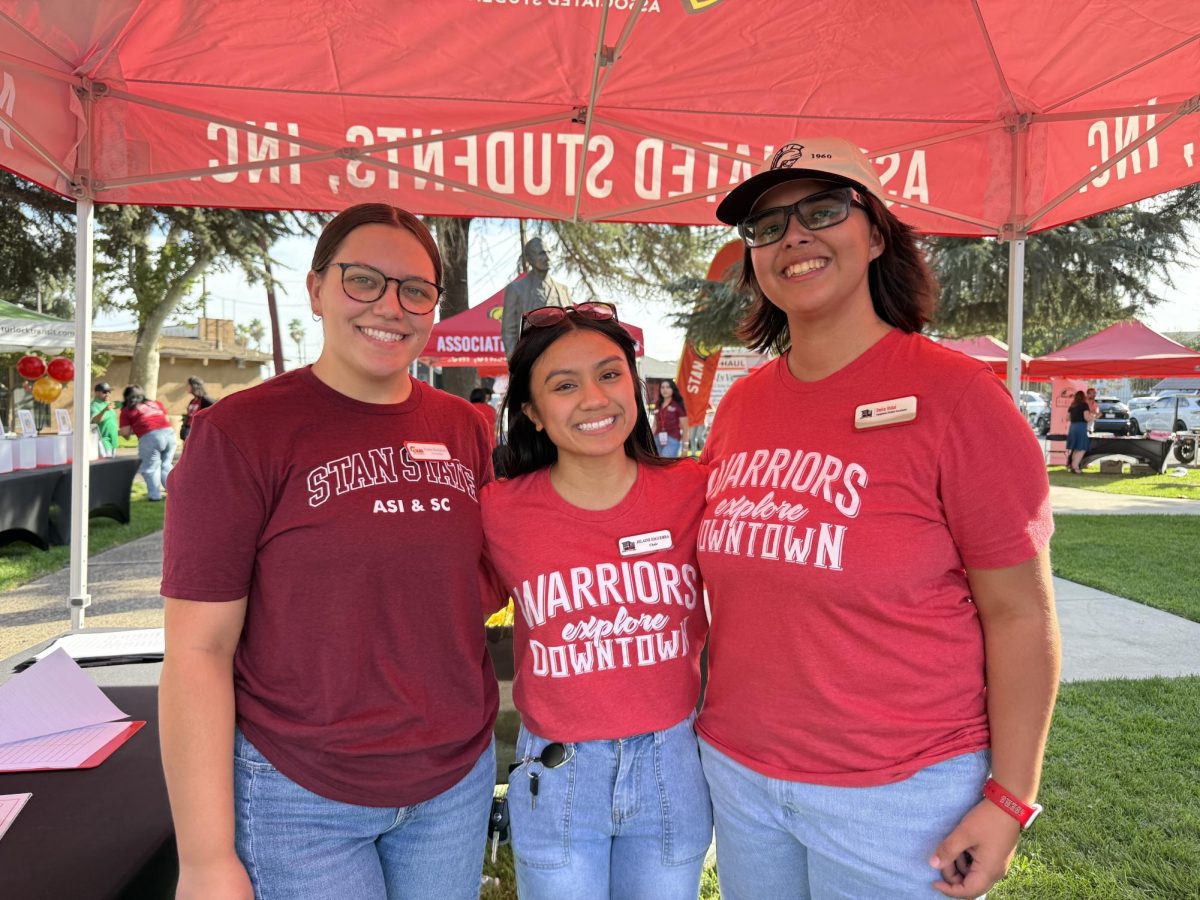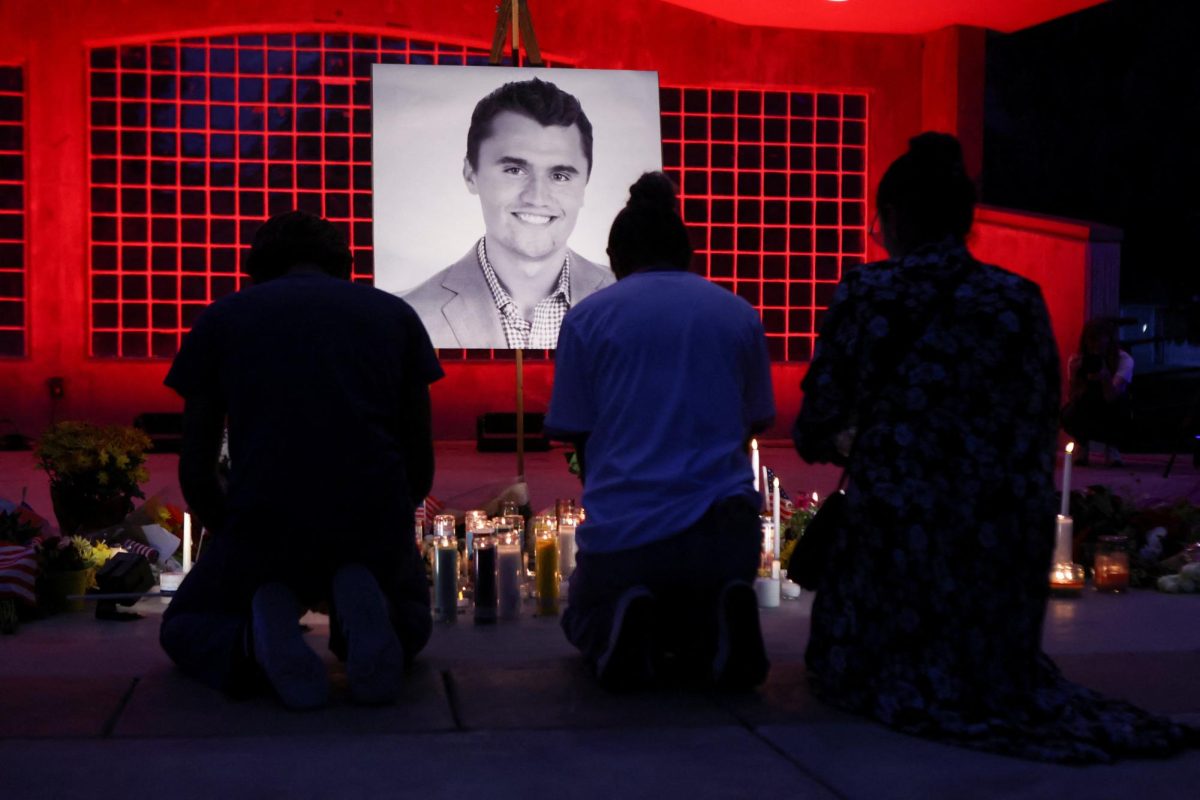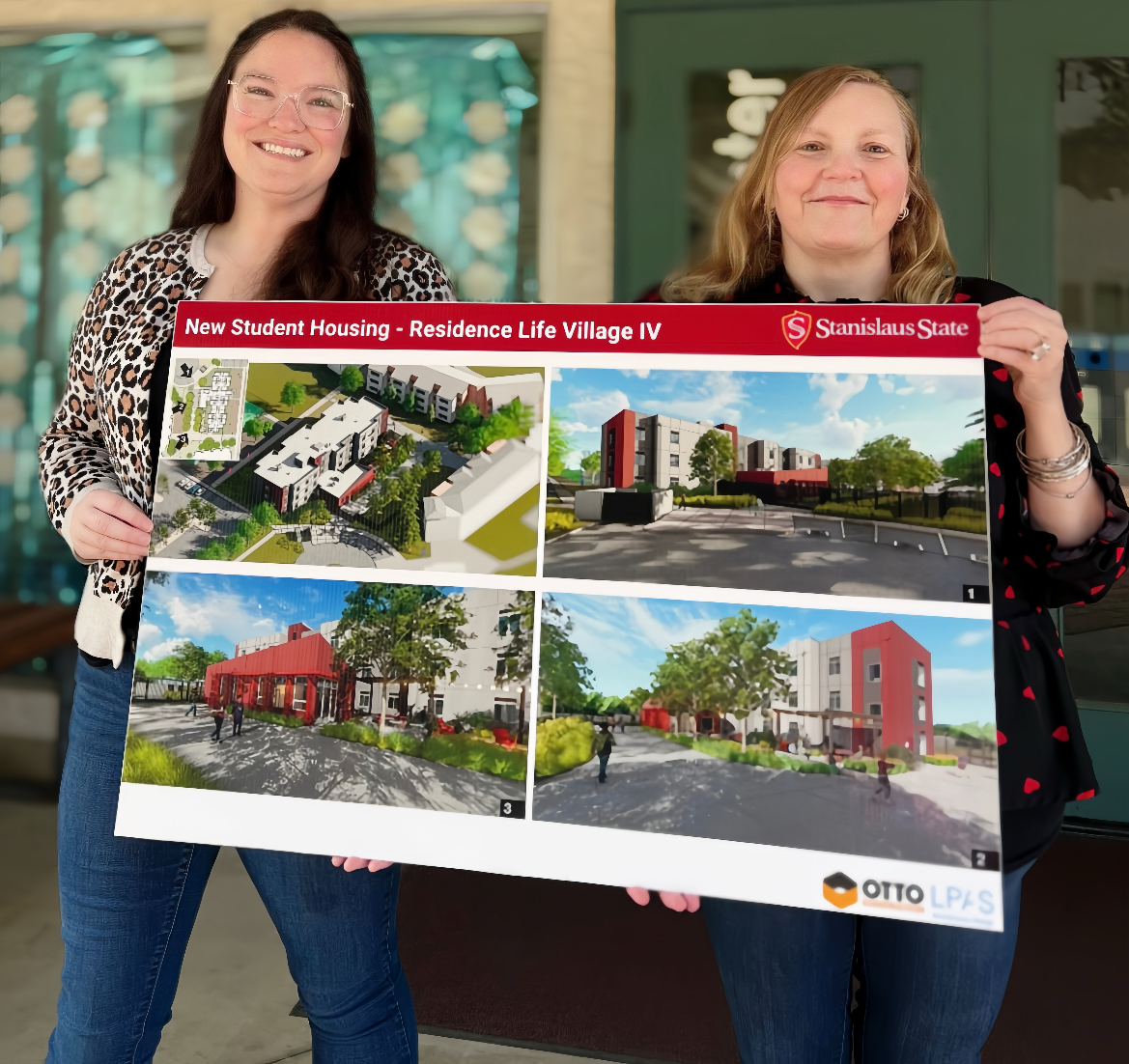As the leaves begin to blow and the wind chill picks up, the month of October welcomes National Disability Employment Awareness Month.
This month is a time to advocate for support and representation of disabled people, and a number of disabled students are speaking out about the accomodations they need and the challenges they face.
Marvin Williams, the Director of Disabilities and Resource Services (DRS), emphasizes that the most powerful tool students with disabilities have is their voice.
“Student advocacy is important,” Williams said, “If something isn’t right and you know something isn’t right you need to be able to speak about it and say something about it.”
Disabilities and Resource Services operate Monday through Friday from 8a.m.-5p.m.
DRS is set up to be the university’s agent in ensuring that all students have equal access to the curriculum, student life, and the same kinds of opportunities as everyone else.
Disability by the federal definition is a physical or mental impairment that substantially limits a major life activity.
Soleil Jones (Graduate Student, English) shares how strongly she feels about equal access.
“Have compassion and recognize that illnesses and disability should not have to be physical to be acknowledged,” Jones said.
Jones continues to expand that she’s had very good experiences with a majority of teachers and staff who have been supportive of her needs.
“My DRS counselor sent out my professor letter, which basically has all my accommodations,” she said, “One of my professors was like, this sounds great, thank you so much for letting me know, and he put a smiley face at the end. I really appreciated that.”
The DRS website provides students with a three-step process which includes an application, documentation, and an appointment.
“As part of the process, we want to get to know who you are as a student. This helps us figure out what your experience might be like,” Willaims said.
Manny Alonzo (Senior, English) shared his experience at Stan State as a student with a disability. He frequently passes to and from Bizzini Hall, and explained how disheartened he feels at times about the accomodations there.
“In front of the elevator, there’s been a garbage can, a big dumpster there for several weeks now, and on the other side of the supporting wall, there’s a station of cat feces and urine, food, and cat water,” Alonzo said. “The whole experience of going over there and using the elevator has been a little bit depressing. It almost feels like I have to go through a dungeon to get to my classrooms.”
Alonzo admits that this is not the accessibility that he’d hoped for.
Joy Ok (Graduate Student, English) opens up about her first time using disability services here on campus.
“When I had asked for help before my surgery date, which would result in me being bed-rested for two weeks, they mentioned that everything could only be done once I received all the paperwork from the doctors, which would only happen after the surgery,” Ok said.
This interaction made Ok feel that she wasn’t seen when she came to ask for help. Ok then made a suggestion for the campus’s disability services.
“Taking the time to communicate with students about their worries and concerns can alleviate some of the stresses that come from their own personal lives,” Ok said.
In addition, Jones reiterated that timelines look different for everybody.
“When somebody is genuinely telling you something, know that they felt safe telling you, that they felt comfortable, that they came to you in a super vulnerable state,” she said.
Students would like to see certain changes and considerable accommodations to help assist their experiences attending a campus in which they invest their education.
“To go to the office hours of the English department I have to park at the disability parking lot,” Alonzo said. “It’s not very close. I have to walk to the other side of the building to gain access to the elevator, which is kind of a pain because walking is my limitation.”
Alonzo explains that it’s difficult to enter those buildings from one to the next.
“To get over to where professors have their office hours, I have to traverse. Those exit and entry doors don’t have ADA accessibility,” he said.
Despite challenges, Alonzo shared how supportive the student body on campus has been.
“Last semester I had a classroom where the ADA button didn’t work. After I had made that issue known to my fellow students every day, everybody was opening up the door for me. It was nice,” he said.
Doors that have a hard-wired connection between the door and the button rarely experience issues. The wireless ones are battery-powered and need to have fresh batteries installed from time to time.
Tim Overgaauw, the Director of Facilities, reassures that they respond immediately to any notification of or request for service of the automatic door buttons.
Alonzo also suggested that he would appreciate seeing improvements to the men’s bathrooms, both from the school and from fellow students.
“The men’s bathroom is in horrible condition. There’s always water or urine on the floor. I walk with a cane and I’ve nearly slipped a couple of times, just walking to try and use the restroom,” he said.
Accommodations for students have to be effective and a part of reasonable accommodations is that there is assistance. It’s important that students feel supported so they can be proud to call our university their home.






